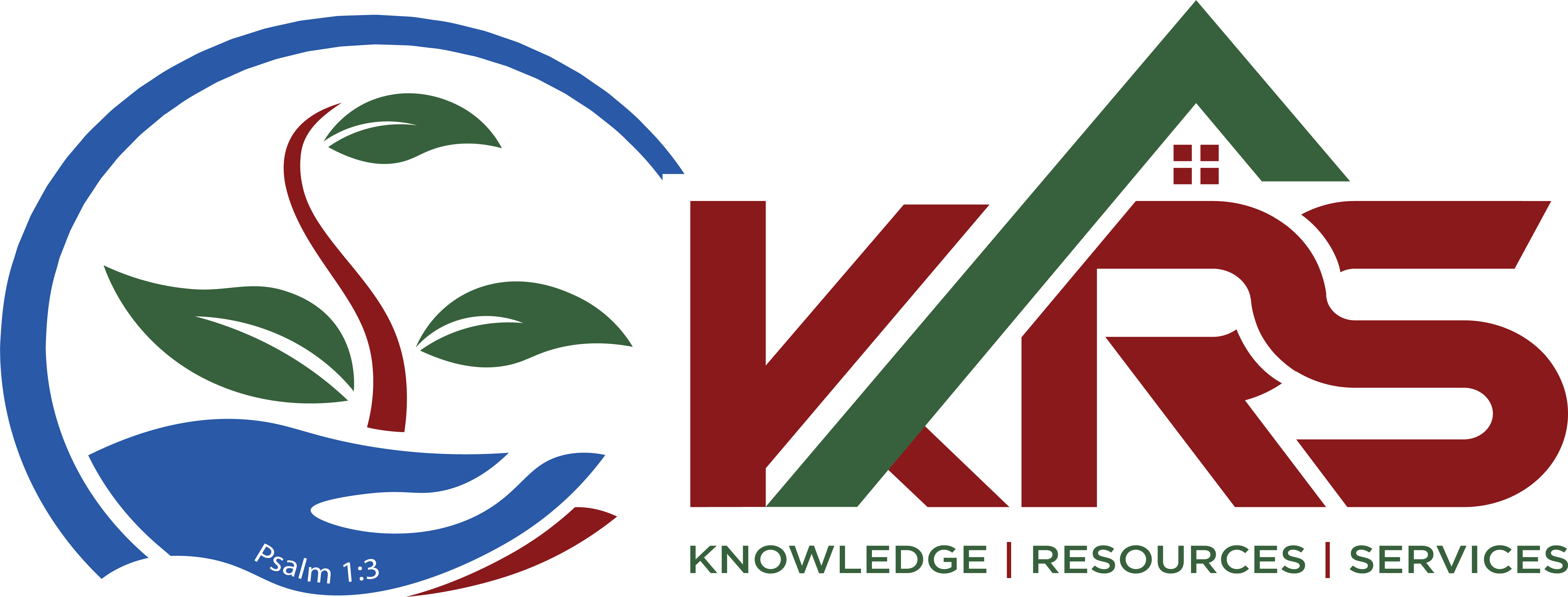
The Small Business Administration (SBA) is a valuable resource for small businesses in the United States, offering various loan programs designed to support small business growth and development. SBA loans are popular among small business owners due to their favorable terms, including lower interest rates, longer repayment periods, and more flexible eligibility requirements compared to traditional loans. Here are some of the best SBA loan programs for small businesses:
- SBA 7(a) Loan Program: The SBA 7(a) loan program is the most popular and versatile loan program offered by the SBA. It provides funding for various business purposes, including working capital, equipment purchase, inventory, and real estate acquisition. SBA 7(a) loans can range from $50,000 to $5 million, with repayment terms of up to 25 years for real estate and up to 10 years for other purposes.
- SBA CDC/504 Loan Program: The SBA CDC/504 loan program provides long-term, fixed-rate financing for the acquisition of major fixed assets, such as real estate or equipment. This program is ideal for small businesses looking to purchase or renovate owner-occupied commercial real estate or invest in expensive equipment. SBA CDC/504 loans can range from $125,000 to $20 million, with repayment terms of up to 25 years.
- SBA Microloan Program: The SBA Microloan program provides small loans of up to $50,000 to help small businesses start up and expand. These loans are administered by nonprofit community-based organizations and are ideal for businesses that need a smaller amount of capital to get started or grow. Microloans can be used for working capital, inventory, equipment, or other business expenses.
- SBA Express Loan Program: The SBA Express loan program offers expedited loan processing for small businesses in need of quick financing. Under this program, small businesses can receive loans of up to $350,000 with a streamlined application process and faster approval times compared to traditional SBA loans.
- SBA Disaster Loans: The SBA Disaster Loan program provides low-interest loans to small businesses, homeowners, and renters affected by declared disasters, such as hurricanes, floods, wildfires, or other natural disasters. These loans can be used to repair or replace damaged property, inventory, equipment, or other business assets.
Overall, the SBA offers a range of loan programs designed to meet the diverse financing needs of small businesses. Small business owners should carefully evaluate their financing needs and eligibility criteria for each program to determine the best SBA loan option for their business. Additionally, working with an SBA-approved lender or a Small Business Development Center (SBDC) can provide valuable guidance and assistance throughout the loan application process.
What is the process to get a Small Business Administration Loan?
Obtaining a Small Business Administration (SBA) loan involves several steps, and the process can vary depending on the type of SBA loan you’re applying for, the lender you choose, and the specifics of your business situation. However, here’s a general overview of the typical steps involved in getting an SBA loan:
- Determine Eligibility:
- Review the eligibility criteria for the specific SBA loan program you’re interested in (e.g., SBA 7(a) Loan Program, SBA CDC/504 Loan Program).
- Ensure that your business meets the SBA’s definition of a small business, which can vary by industry and is based on factors such as annual revenue and number of employees.
- Prepare Necessary Documentation:
- Gather financial documents, such as business financial statements (profit and loss statement, balance sheet), personal financial statements for business owners, business tax returns, and projections.
- Prepare a business plan that outlines your business’s operations, management structure, market analysis, marketing plan, and financial projections.
- Find an SBA-Approved Lender:
- Locate an SBA-approved lender that participates in the SBA loan program you’re interested in.
- Research different lenders to compare their loan terms, interest rates, fees, and customer reviews.
- Submit Loan Application:
- Complete the loan application provided by the SBA-approved lender.
- Include all required documentation and information, such as business financials, personal financials, business plan, and collateral documentation.
- Lender Review and Prequalification:
- The lender will review your loan application and documentation to assess your creditworthiness, business viability, and eligibility for the SBA loan program.
- If your application meets the lender’s criteria, you may receive a prequalification offer outlining the loan terms and conditions.
- Loan Underwriting:
- Upon prequalification, the lender will conduct a more detailed underwriting process, which may include verifying your financial information, assessing the value of any collateral, and conducting a credit check.
- The lender may request additional documentation or clarification during the underwriting process.
- SBA Review and Approval:
- Once the lender completes its underwriting process, they will submit the loan package to the SBA for review.
- The SBA will review the loan package to ensure it meets the eligibility criteria for the specific SBA loan program and complies with SBA regulations.
- Loan Closing and Disbursement:
- If the SBA approves the loan, the lender will finalize the loan terms and prepare loan closing documents.
- You’ll sign the loan documents, and the lender will disburse the loan funds to your business bank account.
- Loan Repayment:
- You’ll begin making regular loan payments according to the terms of the loan agreement, including principal and interest payments.
It’s important to note that the SBA loan process can be complex and may take several weeks to months to complete, depending on various factors such as the lender’s processing time, the completeness of your documentation, and the SBA’s review timeline. Working with an experienced SBA lender and preparing thorough documentation can help streamline the process and improve your chances of obtaining an SBA loan for your small business.
At KRS AGENCY, our mission is to help businesses become the best they can be. To learn more about our comprehensive services, contact us today.
